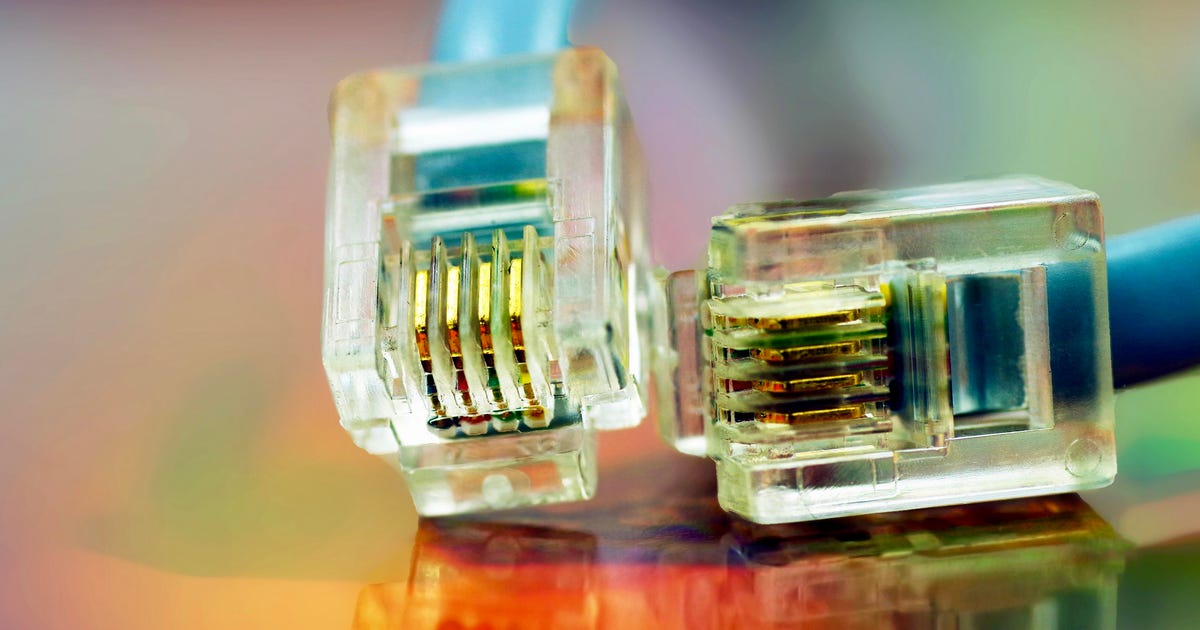
What’s happening
Every three months, Ookla announces the results it gathers from info pulled from millions of customer uses of its Speedtest.net tool. Consider it a quarterly checkup on Americans’ speeds from their internet service providers.
Why it matters
We’ve grown increasingly reliant on our home broadband connections for work and play, so the actual performance of those internet services is vital information.
Verizon has been knocked off the mountain. The latest Ookla Speedtest Intelligence report, released in late July, named Cox Communications as the fastest fixed broadband provider among top US internet service providers during the second quarter of 2022. To qualify as a top provider, a company must account for 3% or more of Ookla’s total test samples. Verizon had finished on top in the first three months of 2022.
In fact, Verizon had captured the top spot every quarter since the start of 2020. However, Ookla’s report, which uses data from customer-run queries on Speedtest.net, now uses the median instead of the mean. So we’re not exactly comparing apples to apples. The below image from Ookla’s site gives an example of the difference.

Ookla
As an Ookla spokesperson told me via email: “We implemented this change to more accurately represent the typical performance that consumers actually experience on a network.”
That means for the second quarter of 2022, Cox finished decisively on top with a median download speed of approximately 197 megabits per second. Xfinity, the runner-up, scored a median download speed of 184Mbps. Spectrum was third at 183Mbps, Verizon was next at 171Mbps, and AT&T capped off the top five at nearly 147Mbps.
Cox also did well regionally. It was the fastest fixed broadband provider in 14 of the 100 most populated cities in the country, including the fastest city in the US — Gilbert, Arizona — as well as Las Vegas, Phoenix and San Diego.
Additionally, it was the fastest ISP in four states: Arizona, Arkansas, Nevada and Oklahoma. Not bad, for sure, but Xfinity was top dog in 12 states, Spectrum in seven and Google Fiber and Verizon each won five states.
Despite its dominating performance at the top of the speed chart, Cox completely missed the top five regarding the fastest upload speeds. It registered a median upload speed just shy of 11Mbps. That was well below the top three providers of Frontier (113Mbps), Verizon (112Mbps) and AT&T (112Mbps). It also couldn’t measure up to Xfinity (19Mbps), CenturyLink (12Mbps) or Spectrum (11.7Mbps).
That’s not completely unexpected. The cable connections of Cox, Spectrum and Xfinity (or the DSL network of CenturyLink, for that matter) won’t be able to compete with the higher upload speeds you can find with a fiber-optic internet connection, which AT&T, Frontier and Verizon all boast to a decent percentage within their respective footprints.
As Ookla continues its reporting throughout the year, it’ll be interesting to see if any trends develop as it establishes the use of the median as its primary performance metric moving forward.
